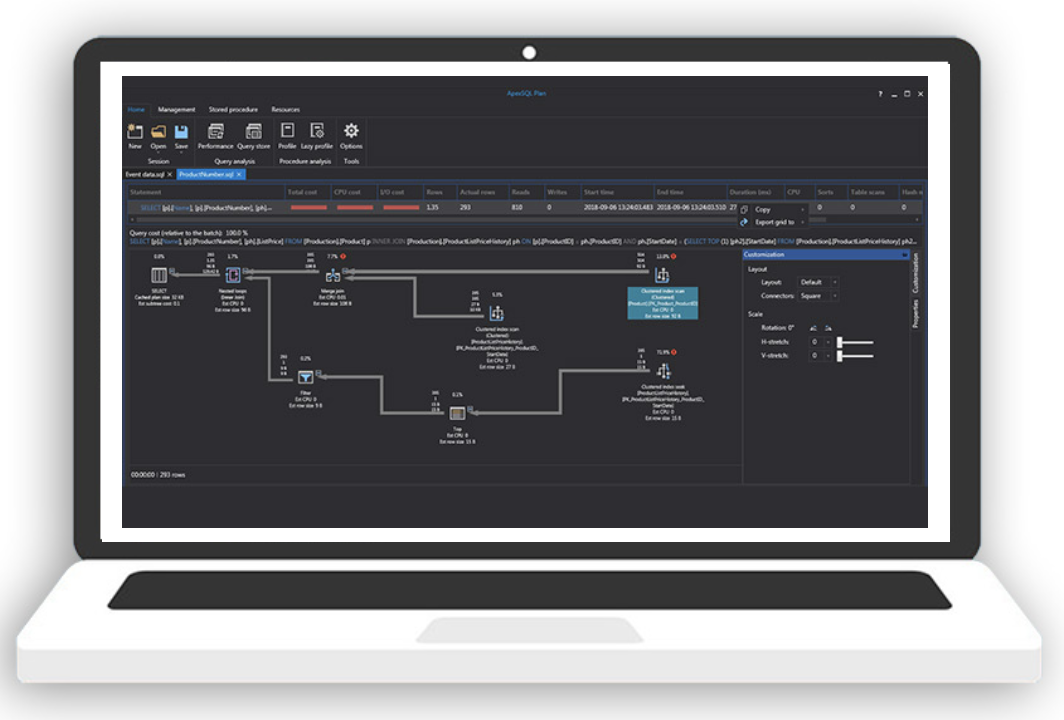
Quest ApexSQL
Quest ApexSQL
SQL Server management tools for Developers and DBAs.
Largely due to the increased adoption of DevOps and requirements of data privacy regulations, database administrators and developers are facing seismic shifts in their job responsibilities. DBAs must manage more complex databases while protecting sensitive data, and developers must push code to production faster without causing disruptions. None of this can be done without management tools.
ApexSQL is a comprehensive tool set that streamlines and automates SQL Server database management and development processes. With its expansive portfolio of products, ApexSQL enables SQL Server DBAs and developers to dramatically increase their efficiency without sacrificing the quality of their work or the safety of the databases.
Benefits
Shorten development cycles
Integrate the build/release process by bringing SQL Server change management into your CI/CD pipeline.
Maintain compliance
Meet audit and compliance requirements with rules-based data masking, redaction and anonymisation.
Boost productivity
Automate and schedule routine tasks – like health checks and backups – to focus on strategic initiatives.
Reduce technical debt
Keep bugs and defects out of production with rules-based code reviews and automated unit testing.
ApexSQL for DBAs
ApexSQL for DBAs is a packaged set of SQL Server management tools designed to help DBAs with complex environments by automating routine tasks, executing scripts and managing jobs. Database management functions covered in this bundle include:
Auditing and reporting
Backup and restore
Discovery and inventory
Disaster recovery
Agent job management
SQL script execution, and more
ApexSQL for Developers
ApexSQL for Developers is a bundle of 20 products specifically designed to meet the needs of developers, ensure the quality of code and support CI/CD cycles. Critical functions covered in this bundle include:
Scripting and packaging
Unit testing
Code review
Schema comparison
Data masking
Dependency analysis
Auditing, and more


